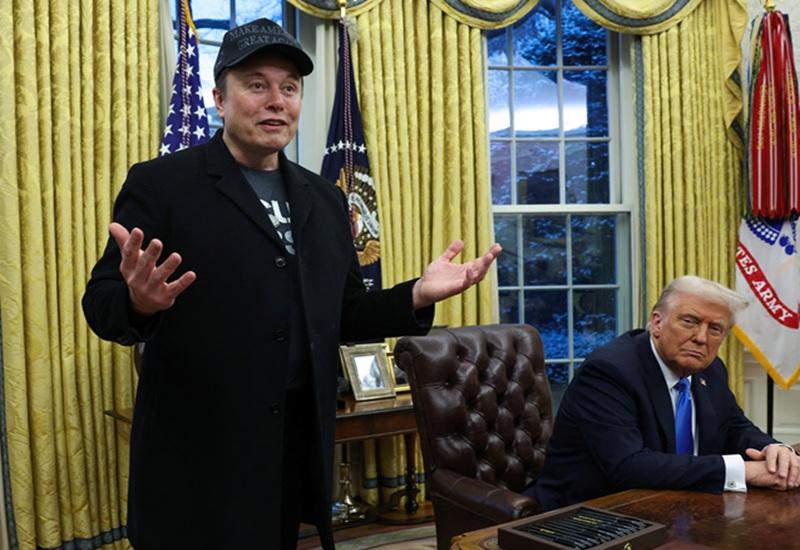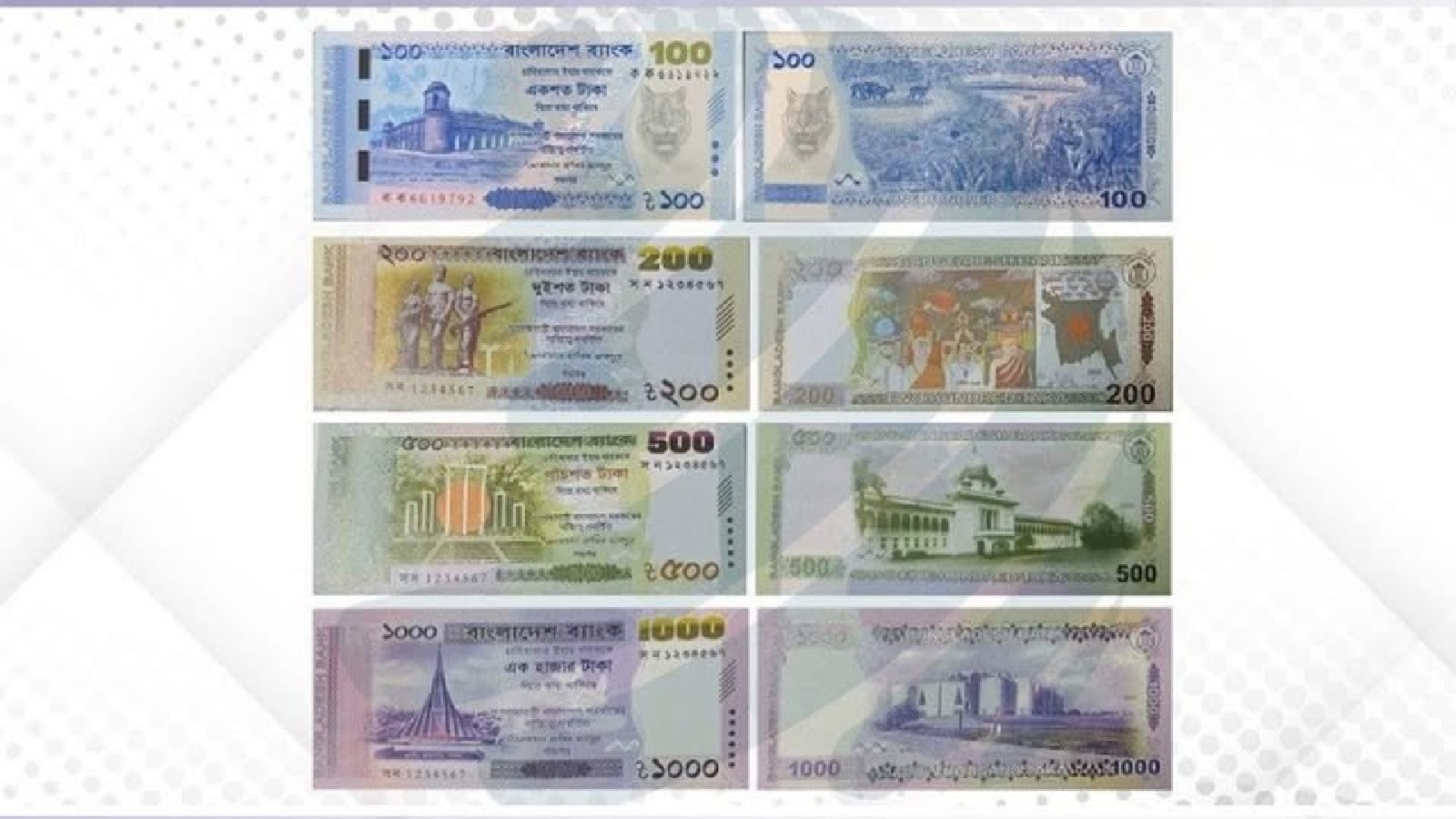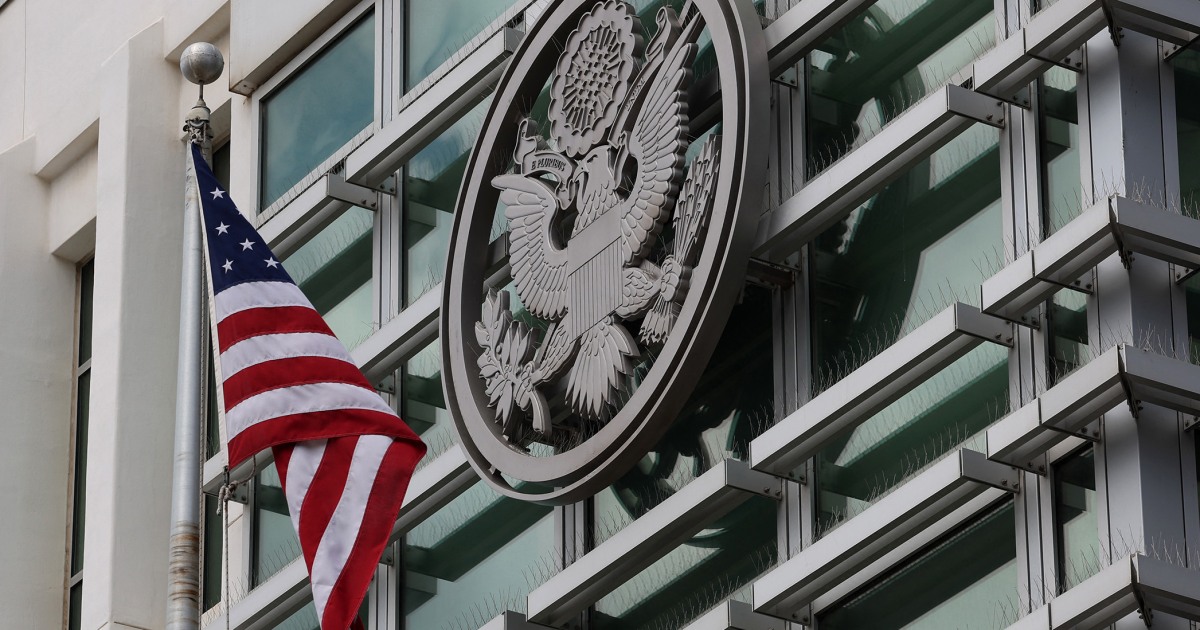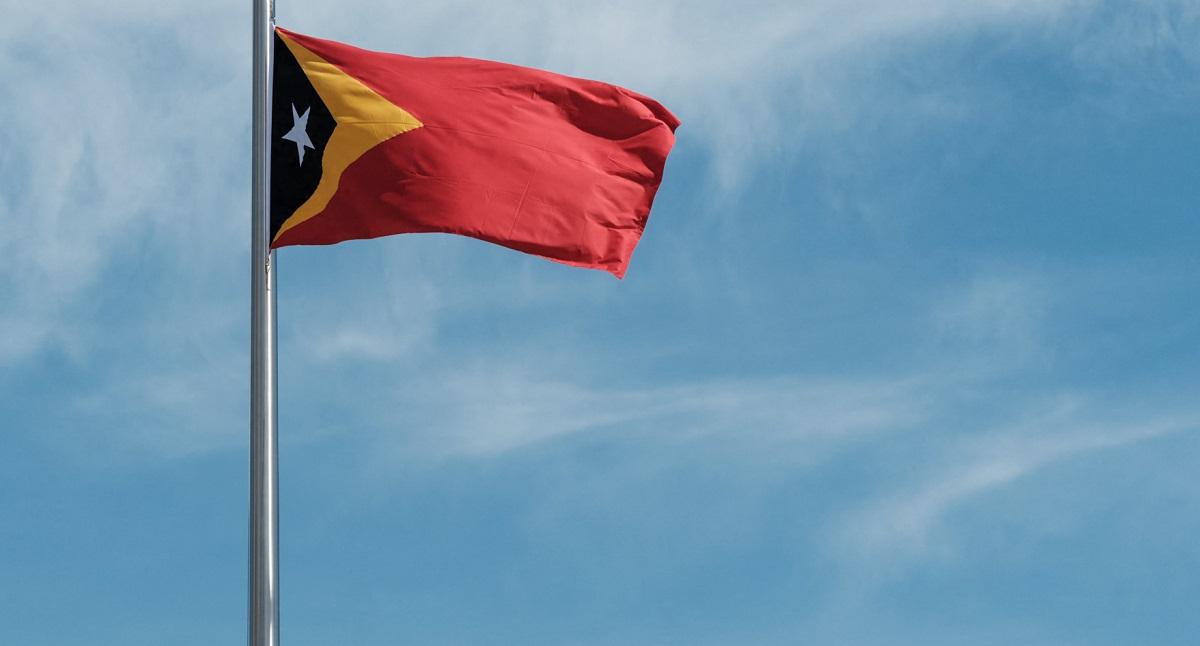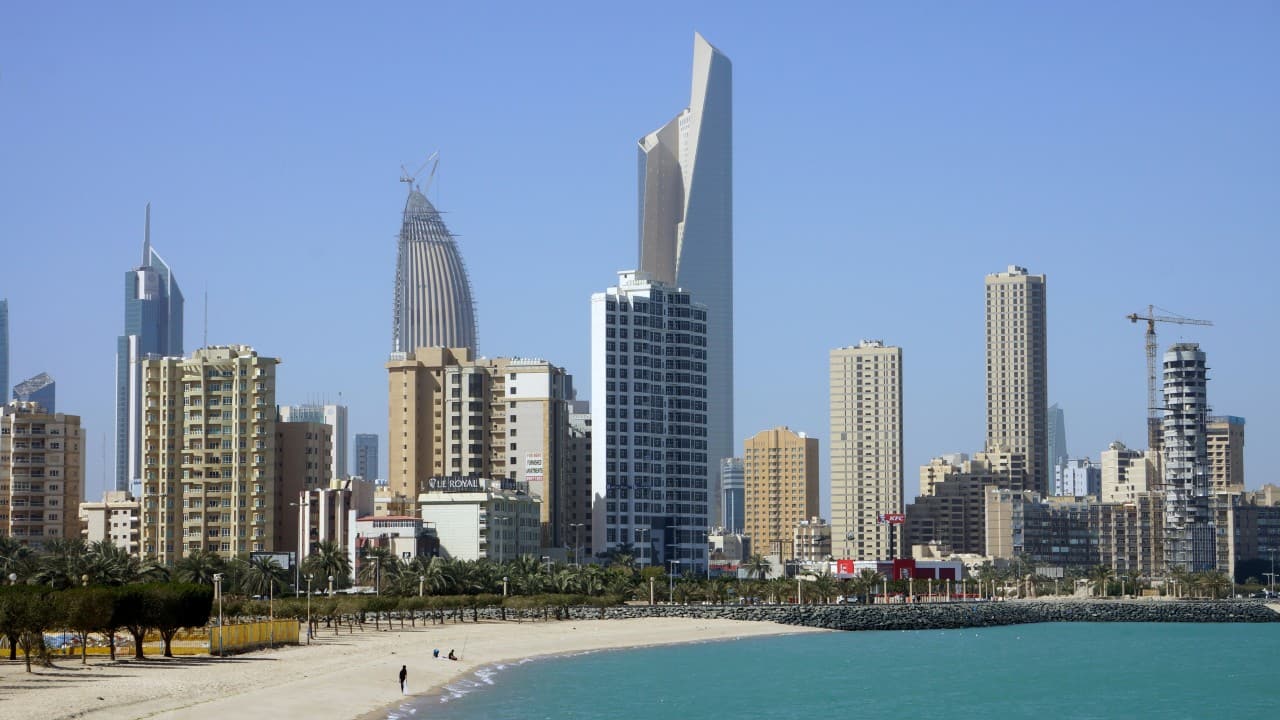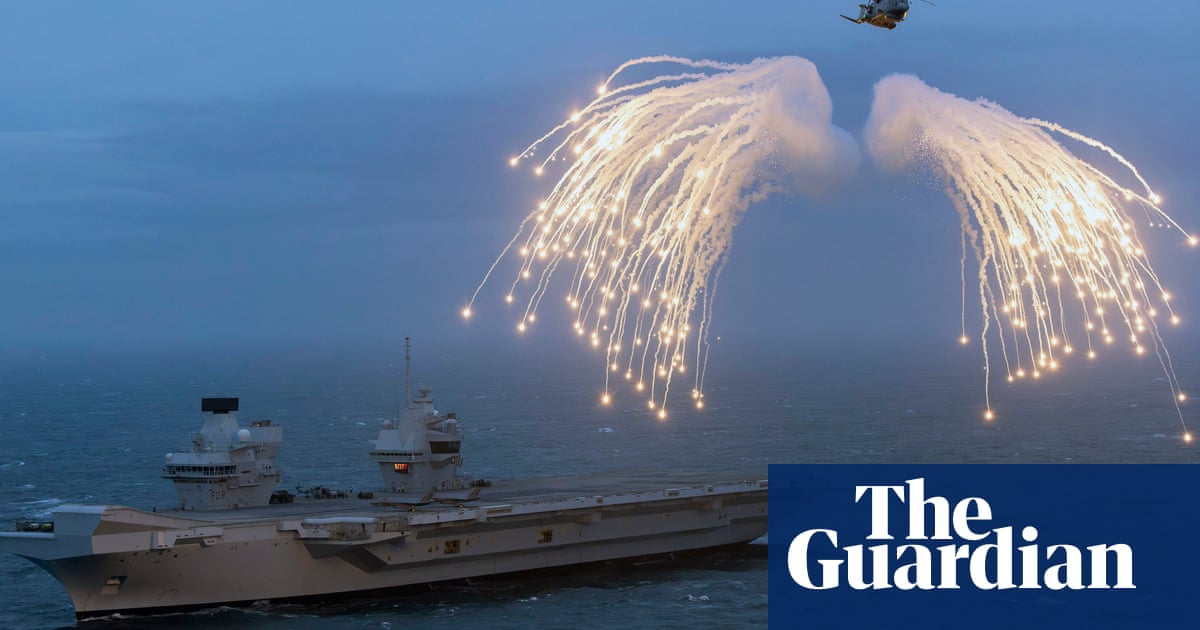Iran Proposes Middle Eastern Nuclear Enrichment Consortium Amid US Negotiations
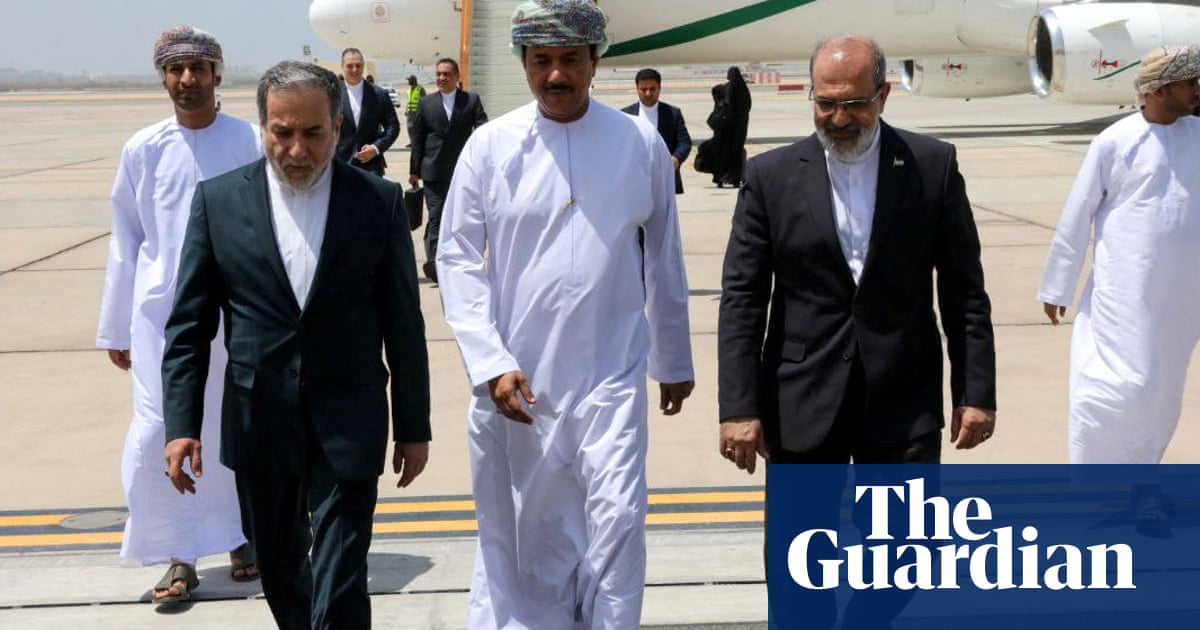
In a significant diplomatic maneuver, Iran has proposed the establishment of a consortium comprised of Middle Eastern nations, including itself, Saudi Arabia, and the United Arab Emirates (UAE), to facilitate uranium enrichment. This initiative aims to address some of the United States' concerns regarding Iran's independent uranium enrichment program.
The idea behind this proposal is to solidify the support of Gulf states for Iran’s continued uranium enrichment activities. By participating in this consortium, these states would not only gain access to Iran’s technological advancements but also become invested stakeholders in the enrichment process. This arrangement is seen by Iranian officials as a strategic concession that could potentially ease tensions in the region.
The proposal's origins remain somewhat unclear; it is uncertain whether Abbas Araghchi, the Iranian foreign minister, introduced the notion during brief three-hour discussions with US officials in Oman on Sunday—marking the fourth round of such talks. Nevertheless, the idea is reportedly circulating within Iran's political and diplomatic circles.
Following the discussions in Oman, Araghchi traveled to Dubai, where he met with Sheikh Abdullah bin Zayed Al Nahyan, the foreign minister of the UAE. Notably, the UAE does not currently engage in uranium enrichment for its nuclear energy program, which makes its potential participation in this consortium particularly intriguing.
The envisioned consortium would utilize Iranian facilities for uranium enrichment, adhering to the 3.67% purity level established in the 2015 nuclear deal between Iran and six world powers—a deal that was unilaterally abandoned by former President Donald Trump in 2018. The US has since demanded that Iran cease all enrichment activities and dismantle its nuclear facilities entirely. However, amidst internal disagreements within the US administration, Trump has indicated that he has not yet finalized a decision regarding enrichment and has acknowledged the seriousness demonstrated by Iran in these ongoing negotiations.
This consortium idea was initially presented by Seyed Hossein Mousavian, a former Iranian nuclear negotiator, alongside Princeton physicist Frank von Hippel, in an October 2023 article published in the Bulletin of the Atomic Scientists. Their proposal outlines a framework where both Saudi Arabia and the UAE would not only be funders but also shareholders in the consortium, thereby gaining access to Iran’s nuclear technologies.
The involvement of these Gulf states could serve as a form of assurance to the international community that Iran's nuclear program is intended solely for peaceful purposes, countering Israel's allegations of Iran's aspirations to develop nuclear weapons. Should Saudi and Emirati engineers be allowed to work within Iran, this would provide an additional layer of transparency regarding Iran's nuclear activities, reducing reliance solely on the International Atomic Energy Agency (IAEA) inspectors.
In recent years, Iran has gradually increased its uranium enrichment levels, moving away from the commitments outlined in the 2015 agreement, attributing this shift to the US withdrawal from the deal. Iran’s deputy foreign minister, Majid Takht-Ravanchi, has stated, “For a limited period of time, we can accept a series of restrictions on the level and volume of enrichment,” showing a willingness to negotiate on certain terms.
Initially, the US appeared to push for a resolution with Iran within two months of the commencement of talks. However, as the complexity of the negotiations increases, there is a possibility that discussions may extend through the summer months.
Currently, Iran enriches uranium to 60% purity, significantly exceeding the 3.67% cap established in the 2015 deal, and is only a short technical step away from the 90% purity required for weapons-grade material. US Secretary of State Marco Rubio has expressed concerns, stating that these enrichment levels are far above what is necessary for civilian applications.
In a potential nod to the Iranian proposal, Omani Foreign Minister Badr Al Busaidi referred to “useful and original ideas reflecting a shared wish to reach an honorable agreement,” suggesting that the region may be open to innovative solutions for this pressing issue.
Complementing this discussion is the UAE’s operation of the Barakah nuclear power plant, located west of Abu Dhabi. This facility represents the first fully operational nuclear power plant in the Arab world, featuring all four of its reactors online and projected to meet a quarter of the UAE's electricity needs. As the region navigates these complex nuclear discussions, the Barakah plant stands as a symbol of the UAE’s commitment to civil nuclear energy.












